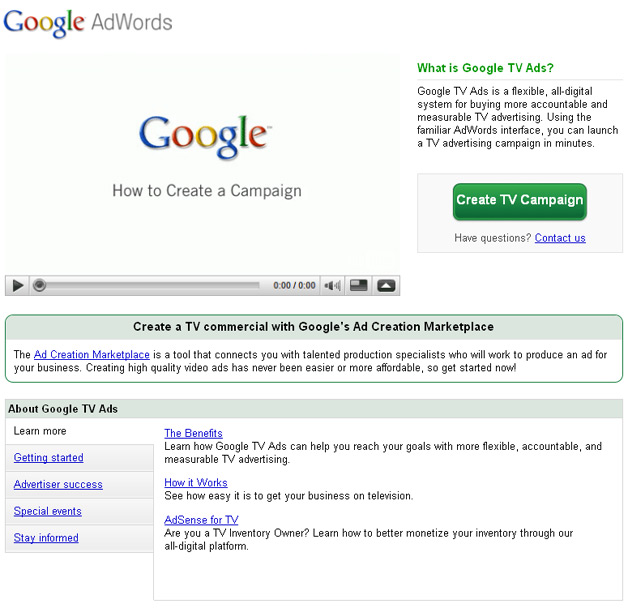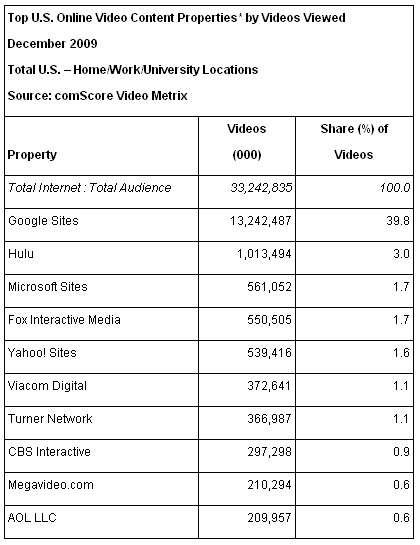One of Android’s biggest selling points (so to speak) is that it’s free; Google doesn’t charge anybody a dime to use the operating system it would like to see powering phones, netbooks, and all other sorts of devices. Unfortunately for Google, a major electronics manufacturer has concluded that using Android is still an expensive proposition.
 Look at it this way: if someone offered you an authentic racecar, it’d be a nice gesture. But you’d still have to find a place to store it, obtain a tow vehicle and trailer (those things aren’t street legal, you know), and get who knows how many accessories. Panasonic found itself stuck in a similar situation.
Look at it this way: if someone offered you an authentic racecar, it’d be a nice gesture. But you’d still have to find a place to store it, obtain a tow vehicle and trailer (those things aren’t street legal, you know), and get who knows how many accessories. Panasonic found itself stuck in a similar situation.
Panasonic has nothing against the idea of using Android in a television set. As reported by Cliff Edwards, it’s just that Android would "require processing power that adds too much to the cost of the set," according to Robert Perry, senior vice president of Panasonic Consumer Electronics.
Now, that statement’s potentially embarrassing for Panasonic; it might invite some "figure it out" jeers. Whether or not Panasonic’s at fault, though, this development is a bad sign for Google, since it’s losing a valuable potential partner. And really, it’s not likely that Panasonic’s engineers are inept, meaning other companies may have the same problem.
A big question is, then, whether Google will consider it worthwhile to make adjustments to Android, or will just accept this time out, sit back, and wait as advances in the chip market continue to occur.



